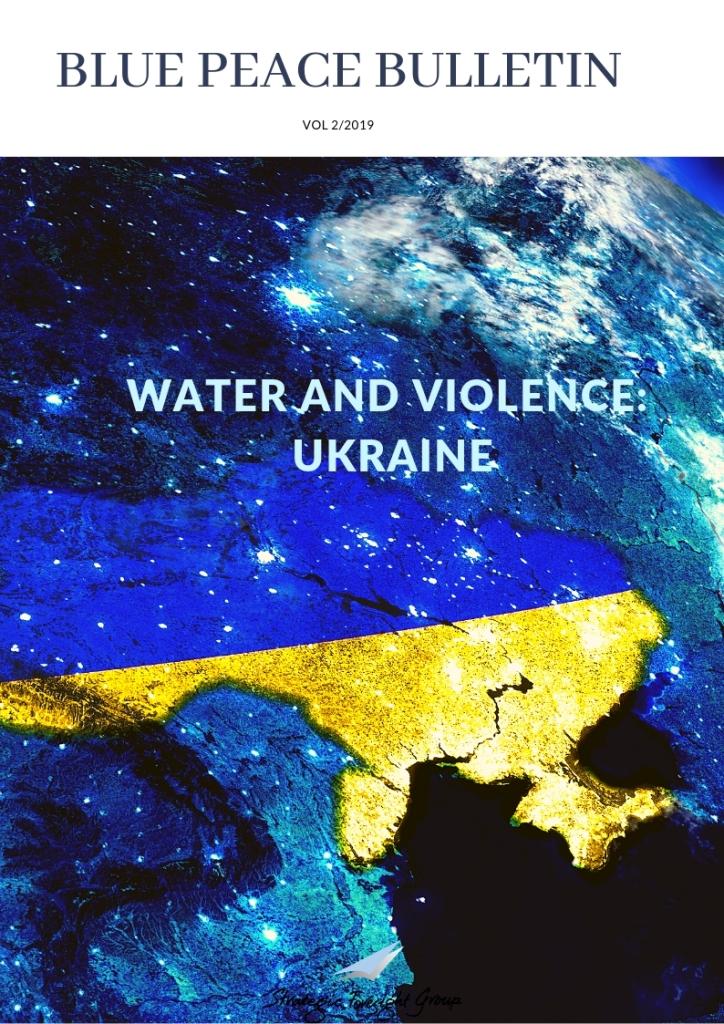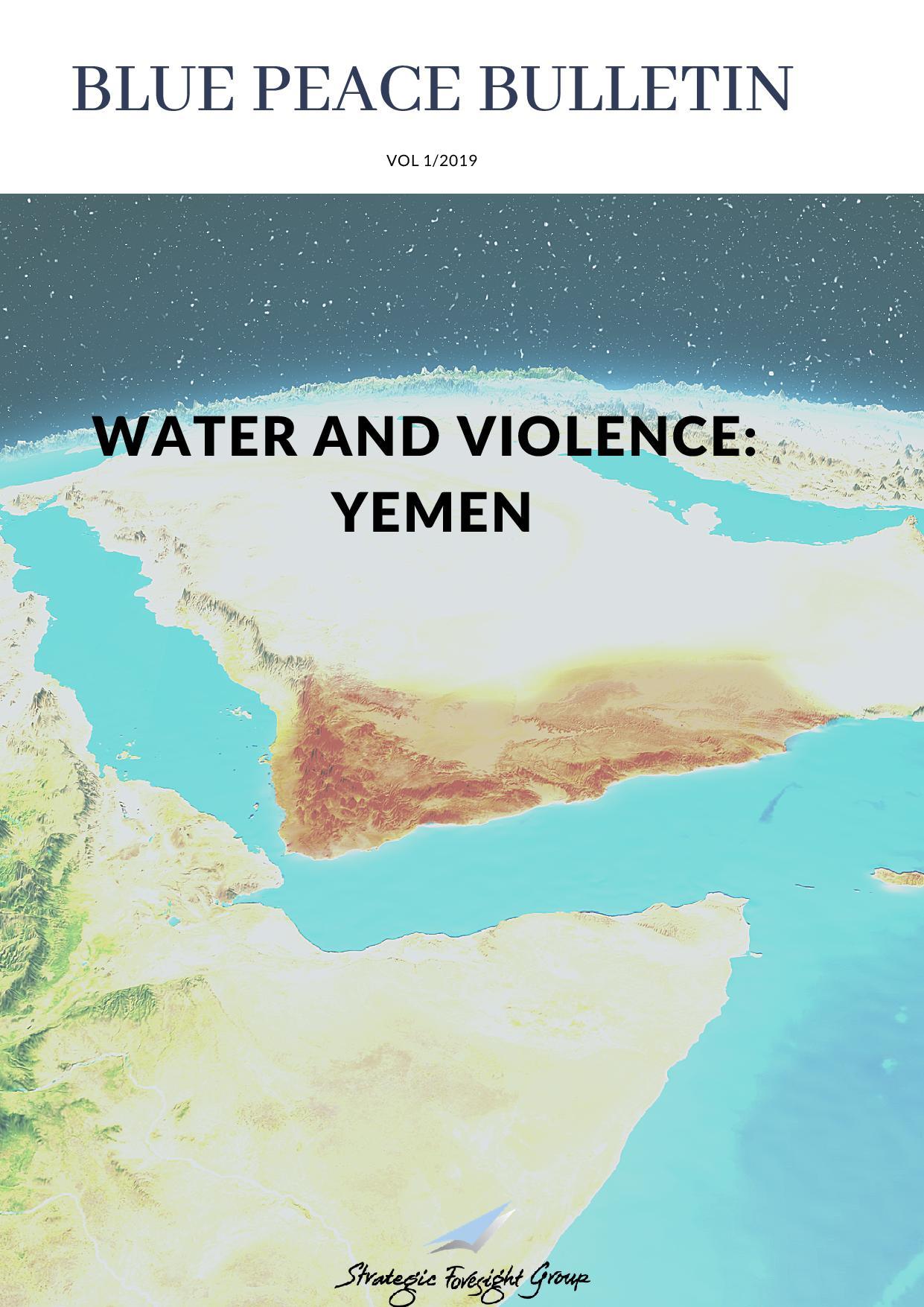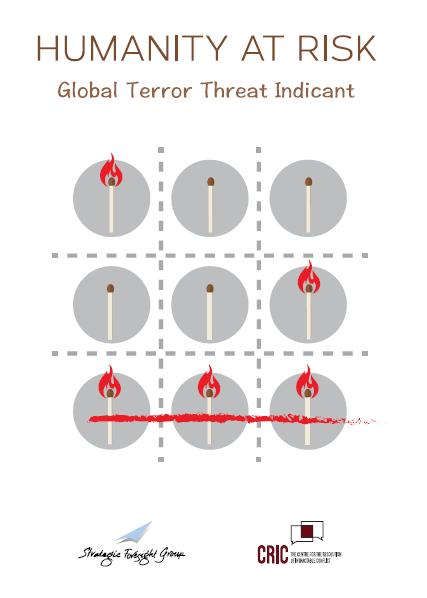Q & A with Dr. Mustafa Alani, Senior Advisor to Security and Terrorism, Gulf Research Center
|
|
June , 2007
By Gitanjali Bakshi
|
In May 2007 I met with academicians, local experts and researchers in the UAE. I hoped to gain an informed insight into the efforts being made in the region that would facilitate an Arab renaissance�€�Gitanjali Bakshi (Strategic Foresight Group)
Gitanjali: What is your assessment of terrorism in Iraq? Do you think it has a chance of spreading beyond the country?
Dr. Alani: At the moment I do not think there is a chance of terrorism in Iraq spreading beyond the country because they don�€™t have a �€˜spare capacity�€™ i.e. when there is more recruitment than the amount of people that the syndicates require. Only if they possess a �€˜spare capacity�€™ is there a possibility of expulsion into other countries but at present they are still trying to attract volunteers into Iraq. Their battlefield can still take more people so you could say that currently the terrorism in Iraq is contained.
The situation, however, also depends on the outcome of terrorist activity in the country. If terrorism in Iraq acquires a persona of victory then there obviously will be more recruitment into the ranks and there would be room for spare capacity, as I mentioned earlier. However, if the terrorists�€™ mission fails that too could pose a dangerous condition as this will encourage the defeated troops to explore options outside Iraq. Unfortunately the scenario epitomizes a double-edged sword.
Gitanjali: I have been following news articles on the Thoughtful Dialogue Committee (TDC) in Yemen, a two year plan set up to address the problems of extremism and replace them with moderation. Do you think that efforts made by the Yemeni government and Judge Hamoud Al Hetar have been effective in mitigating terrorism? Could you comment a little more on the current infighting in the Sa�€™ada region and Saudi and Libyan involvement?
Dr. Alani: In my opinion, the program, established 4 years ago and lead by Judge Hamoud Al Hetar requires more structure and resources in order for it to be effective. At present, the program represents a very limited section of the government. It seems that Judge Hetar stands as the central and solitary figure in the plan, supported by a few others who remain for the most part anonymous. Another shortcoming lies within the rehabilitation efforts. Apart from the intellectual remedies, offered through dialogue, it is equally important to have social remedies that will help sustain the new lifestyles of the extremists. The plan needs more financial investment to support this follow up process. In summary I would say that the program is still in its developmental stages and it is more an initiative than a program.
Moving on to the second half of your question �€“ the Sa�€™ada region is to the north of Yemen. It touches the border of Saudi Arabia. Therefore, because of the geographical proximity, the Saudis have a security interest vested in stabilizing Yemen�€™s Sa�€™ada province. Since the 1960�€™s the Saudi Arabian government retained a policy of de-stabilization in Yemen. However, now we see a major shift in Saudi policy. They are investing heavily in Yemen and are keen that the country joins the GCC nations. As far as Libyan intervention is concerned, there is overwhelming evidence of their involvement with the Al Houthis. Iran�€™s participation still cannot be proved. The son of Badr-al-din al-Houthi, the militant leader responsible for the civil unrest in Yemen, has found refuge in Tripoli. Libyan television gives Al-Houthi a platform from which it can rally the masses. Relations between the Libyan and Saudi leadership are deteriorating and Libya sees Yemen as a link to Saudi Arabia.
Gitanjali: In your opinion, looking at recent events, what is the most significant happening that has taken place within the region?
Dr. Alani: I think perhaps the most significant occurrence in the Middle East was the discovery of seven terrorist cells in Saudi Arabia. On the 27th of April the Saudi government announced that it had arrested 172 Al Qaeda terror suspects, along with weapons and bundles of money. The militants were plotting airborne attacks on oil facilities and military bases both in and outside the country. This is the first indication of the Al Qaeda organization planning cross border attacks. It reveals that perhaps they do not have functional cells in certain other parts of the Middle East, such as the UAE and are therefore relying on their Saudi branch to organize the operation. The two official branches for Al Qaeda are in Yemen and Saudi Arabia.
Gitanjali: What do you think it would take to engage Arabs and Israelis in a dialogue process? What do you think will bring groups like Hamas and Hezbollah to the negotiation table?
Dr. Alani: As far as negotiations go I definitely think that Hamas has a mandate. However Hezbollah does not. There is no border issue between Hezbollah and Israel as there is between Israelis and Palestinians. It is still being contested whether Sheba farms falls under Lebanese or Syrian jurisdiction. Perhaps there is the issue of a prisoner swap but this doesn�€™t hold the same level of importance as the Israel-Palestine conflict that has continued since the late 1800�€™s.
Hamas is a political body and has interests and benefits vested in conducting negotiations so I am not going to rule out the possibility of dialogue but in order for these discussions to take place Israelis have to offer something in return. Some years back the PLO agreed to shake hands with Israel and then there was Oslo and land for peace. Israel must accede to certain concessions in order to make dialogue a plausible option. It is extremely important to accept Hamas into the fold of the negotiation process. You cannot ignore political Islam since the Islamic world has recently seen a decline in secularism. It has become a highly influential force in today�€™s geopolitical scenario.
Related Publications
Related latest News
Related Conferences Reports
-

P5 Experts Roundtable on Nuclear Risk Reduction
Download:Geneva Roundtable Report
-

Roundtable on Global Security and Catastrophic Risks
Download:Report on RT revise





